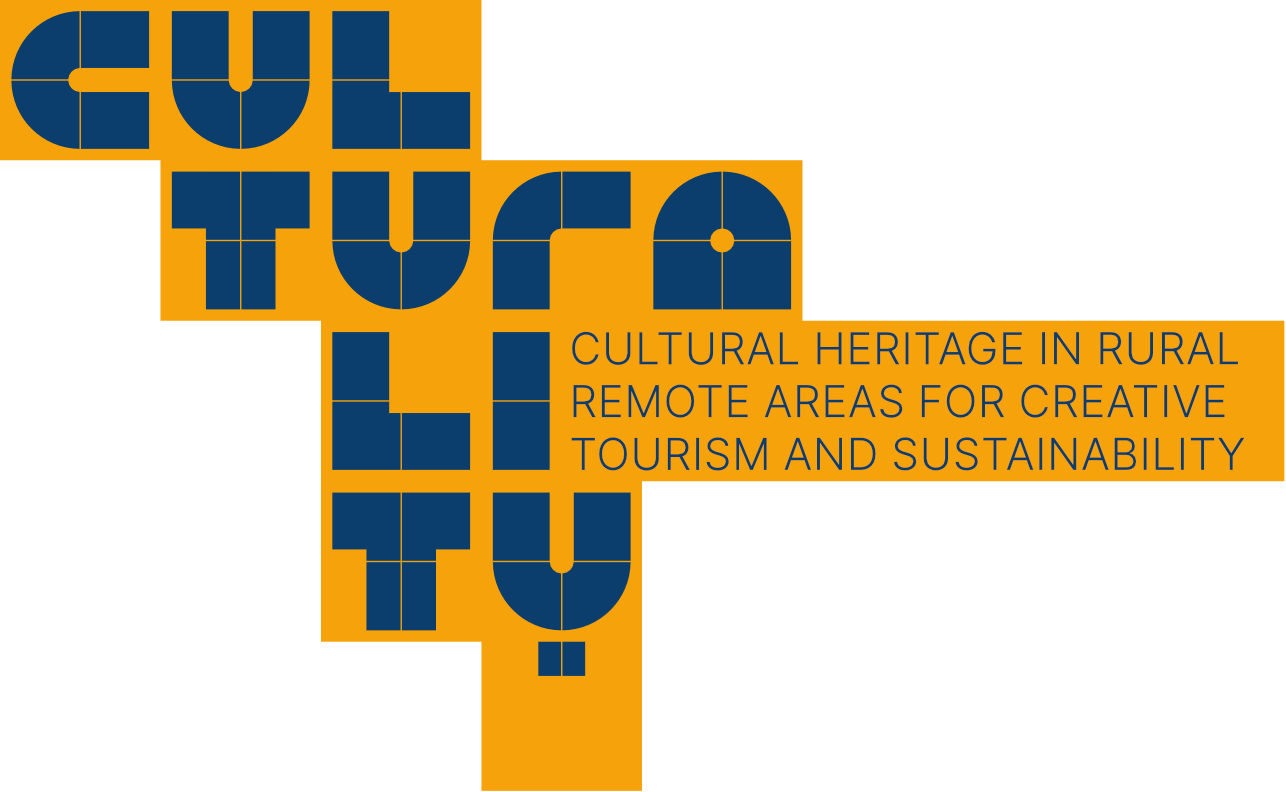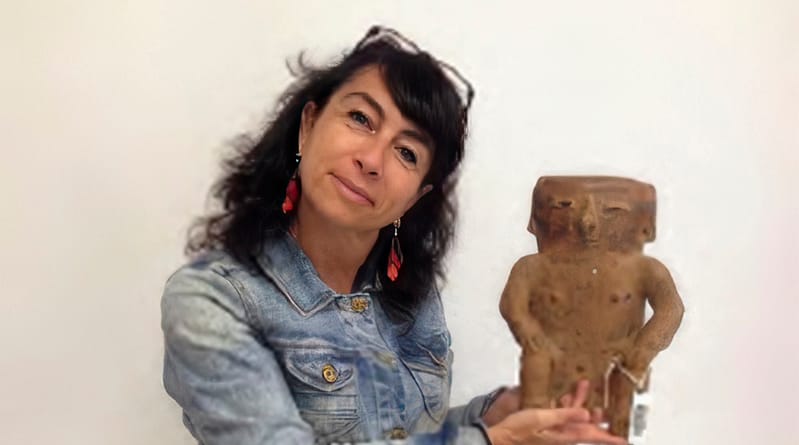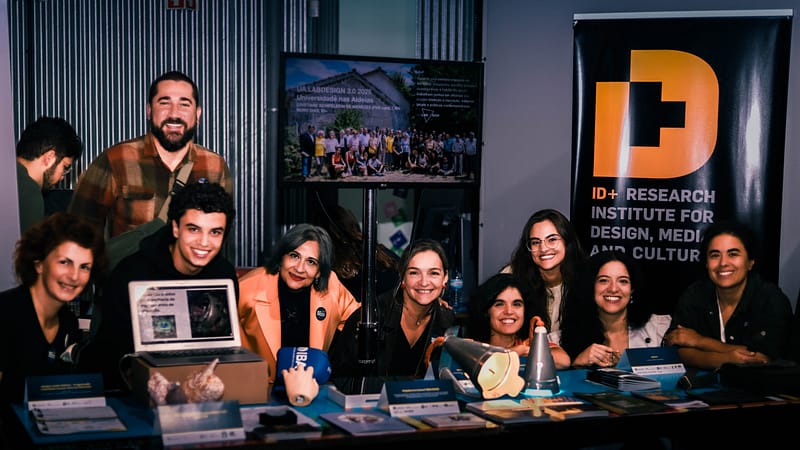
On the
spotlight!
Artefact GALLERY, second round
We’re back with the second round of the Artefact Gallery, featuring a fresh selection of artefacts, artisans, and cultural practices discovered through our ongoing fieldwork. This new collection offers a glimpse into the heritage our research teams are currently exploring across the project’s regions—inviting you to connect with the people, stories, and traditions at the heart of CULTURALITY.
#2.9 - SPAIN
This Artefact Gallery feature showcases the RingoRango backpack, a contemporary accessory born from the rich traditions of Asturian clothing. Simplifying the concept of identity to its essence, the design uses just two elements: the coloured sashes from the men’s costume and the velvet ribbons that adorn women’s attire. The result is a minimalist yet perfectly identifiable object that evokes folklore and tradition, designed for everyday use while recalling the special festive days when regional costumes take to the streets.
News & EVENTS
WELCOME TO CULTURALITY
The CULTURALITY project aims to promote cultural and creative tourism activities to aid the sustainable development of rural areas, encouraging job creation and population settlement. By researching the cultural heritage, including artisan material culture (techniques, materials, patterns, and decorative elements) and intangible culture (music, oral knowledge, and culinary traditions), the project will foster non-seasonal tourism. It will cater to local communities’ needs, focusing on at-risk groups like women, the elderly, and youth, involving international multidisciplinary teams specializing in digital heritage, research, communication and dissemination. The emphasis will be on constant collaboration and sharing of experiences to enhance collective knowledge and ensure optimal results.
how will we do it?
1
Establishing a collaborative network to promote cultural tourism in rural & remote areas through crafts & skills
2
Revitalising and economically developing local ecosystems through cultural tourism research activities linked to crafts
3
Embracing digital tools & technologies as a key platform to enhance productivity, visibility, and impact
4
Developing suitable stakeholder engagement tools & clustering actions
5
Promoting knowledge exchange and contributing to capacity building & p2p learning of local ecosystems as agents of change
Meet the partners
CULTURALITY brings together an international network of 13 organizations from 9 different countries with different backgrounds to tackle the current social, cultural, economic, and environmental challenges from rural & remote areas, raise awareness of the possibilities of cultural tourism and promote local communities as agents of change by providing a suitable framework for collaboration of the local ecosystems through training, peer to peer learning and knowledge exchange.



